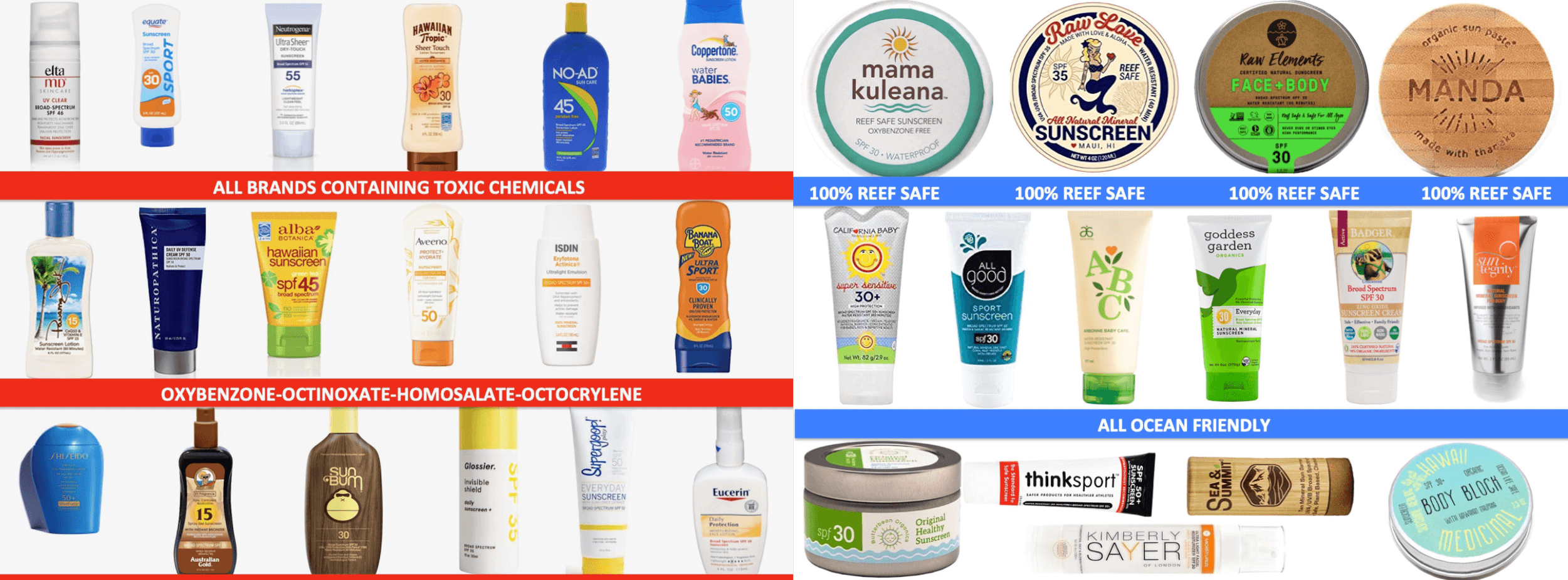
Reef Safe Sunblock - Save the Reef
Permaculture Planet
-
Permaculture Planet invites you:
Discover Reef Safe Sunscreen for a Healthier Ocean
Welcome to our Reef Safe Sunscreen Guide, your go-to resource for protecting both your skin and the precious marine life in our oceans. Marine Sanctuaries are vital ecosystems, rich in biodiversity and cultural significance. To safeguard these crucial areas, it is imperative to choose sun protection that not only shields your skin but also preserves our oceans from harmful chemicals.

Why Reef Safe Sunscreen Matters
In our quest to keep ocean life thriving, it's essential to opt for sunscreens with physical UVA and UVB filters, avoiding harmful chemicals linked to coral reef deterioration. Look for active ingredients like zinc oxide and titanium dioxide, which create a physical barrier, preventing your skin from absorbing harmful rays.According to Joshua Zeichner, a board-certified dermatologist, both nano and traditional zinc oxide sunscreens are safe for reefs. The key difference lies in the cosmetic feel on your skin. Choose a mineral-based option for a reef-friendly and skin-loving solution.
-
How to Identify Reef-Friendly Sunscreen
While the term "reef friendly" isn't regulated, you can safeguard marine life by checking the active ingredients. Opt for micro-sized or non-nano mineral sunscreens to avoid toxic nanoparticles. Say no to harmful substances by checking your sunscreen against the "HEL list" and choose products with eco-friendly packaging.

-
Understanding the Impact on Coral Reefs
To navigate the ambiguity surrounding "reef-safe" labels, consider the following tips:
Collapsible content
Wear Sun Protection Clothing:
Opt for UPF-rated clothing to minimize the need for sunscreen
Avoid Oxybenzone or Octinoxate:
Evidence suggests these chemicals are harmful to reefs; hence, it's wise to choose sunscreens without them.
Choose a Non-Nano, Mineral-Based Formula:
Look for zinc oxide and titanium oxide ingredients, labeled as "non-nano" to reduce coral impact.
Steer Clear of Parabens:
Many sunscreens promote being "paraben-free" due to concerns about their impact on coral reef bleaching.
Opt for Rub-On Lotions:
Choose lotions over sprays to minimize sand contamination and ocean runoff.
Prioritize Water Resistance:
A sunscreen with good water resistance stays on longer, reducing the likelihood of washing off into the ocean.
-
The Truth About Sunscreens and Coral Health
While oxybenzone and octinoxate have been extensively studied, other ingredients like preservatives, fragrances, and UV-blocking agents are under scrutiny. The Journal of the American Academy of Dermatology emphasizes the need for ongoing research to comprehend sunscreens' full impact on coral reefs.

Join the Reef-Safe Movement
Empower yourself with knowledge and share it with your community. Advocate for reef-safe sunscreens and support legislation to protect marine environments. Together, we can make a positive difference for our oceans and the delicate ecosystems they house.Choose reef-safe sun protection for a healthier you and a thriving ocean. Dive into our guide and make a conscious choice for a sustainable future.
